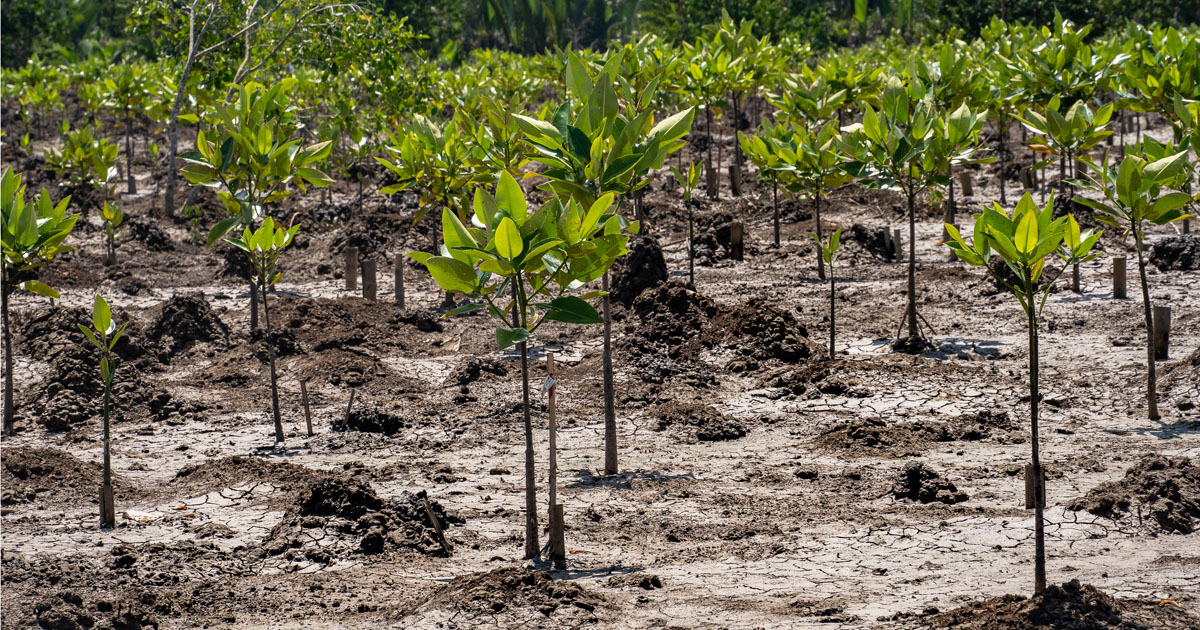Tropical Forest conservation and management under a changing climate
Climate change is predicted to drive regional climate disruption and instability across the world, increasingly threatening global biodiversity, and ecosystem service delivery. Tropical forests, which makeup just under half of the world's forests (45%) and harbor more than half of Earth’s terrestrial biodiversity are particularly vulnerable to climate change impacts. On the other hand, climate change driven demands for tropical forest land and ecosystem services are increasing with increasing conflict with each other. Making management decisions to meet these conflicting demands for tropical forest ecosystems while addressing the problems of climate change and other environmental changes such as land use and habitat changes, and subsequent loss of important ecosystem services is complex. The implementation of forest policies at multiple levels (global, national, and local) extends the complexity of the problem. Consequently, there is a growing demand for tools that enable optimal decisions related to sustainable management vs conservation of tropical forest land and resources given the complexity of the above-mentioned problems. The goal of this session is therefore to bring together scientists working with climate change and its implications for tropical forest management to share recent insights.
Speakers:
- Meley Mekonen Rannestad
- Aster Gebrekirstos, Scientist, CIFOR-ICRAF
- Yennie Katarina Bredin
- Thomas Luypaert













